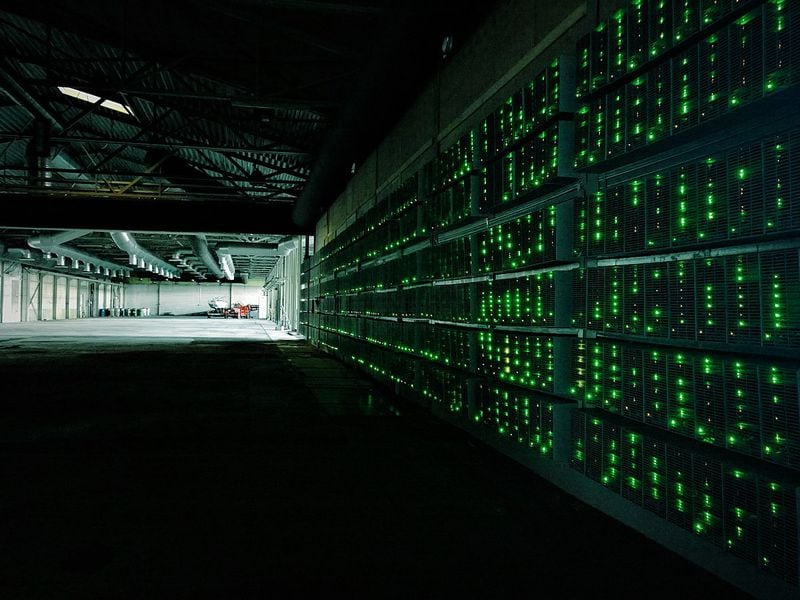The Bitcoin network hashrate is now back to pre-halving levels, the report said.
The bank noted that U.S.-listed miners’ share of the network hashrate increased for the fifth straight month to a new record.
The fall in the hashprice, coupled with seasonal trends, could limit hashrate growth in the near term, JPMorgan said.
Bitcoin (BTC) mining stocks fell in the first half of September as the price of the world’s largest cryptocurrency remained below $60,000, and the network’s hashrate rose, JPMorgan (JPM) said in a research report on Monday.
The hashrate has risen 4% month-to-date and is now back to pre-halving levels, the report noted. Hashrate refers to the total combined computational power used to mine and process transactions on a proof-of-work blockchain and is a proxy for competition in the mining industry.
The hashprice, a measure of miner’s daily profitability, has fallen 2% this month, and is more than 50% below pre-halving levels, the bank noted, and this decline, when “coupled with seasonal curtailment, could slow near-term hashrate growth.”
“U.S.-listed miners’ share of the network hashrate increased for the fifth consecutive month to 26.7%, the highest level on record,” analysts Reginald Smith and Charles Pearce wrote.
The total market cap of the fourteen U.S.-listed bitcoin miners the bank tracks fell 3% from the end of August to just under $20 billion. Hut 8 (HUT) was the outperformer, with an 11% gain, and CleanSpark (CLSK) underperformed, declining 12%.
The group of publicly listed U.S. miners “currently trade just under two times their proportional share of the four-year block reward opportunity, versus an average of 1.6 times since January 2022,” the report added.
Rival Wall Street Bank Jefferies cautioned that the bitcoin miners could be faced with another difficult month in September, in a research report published last week.

